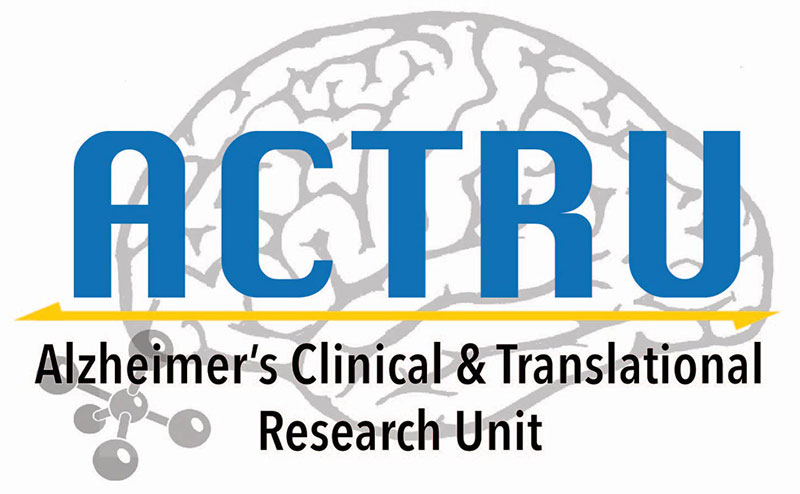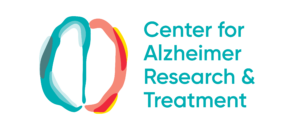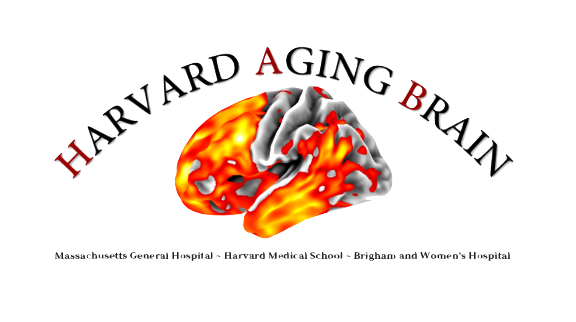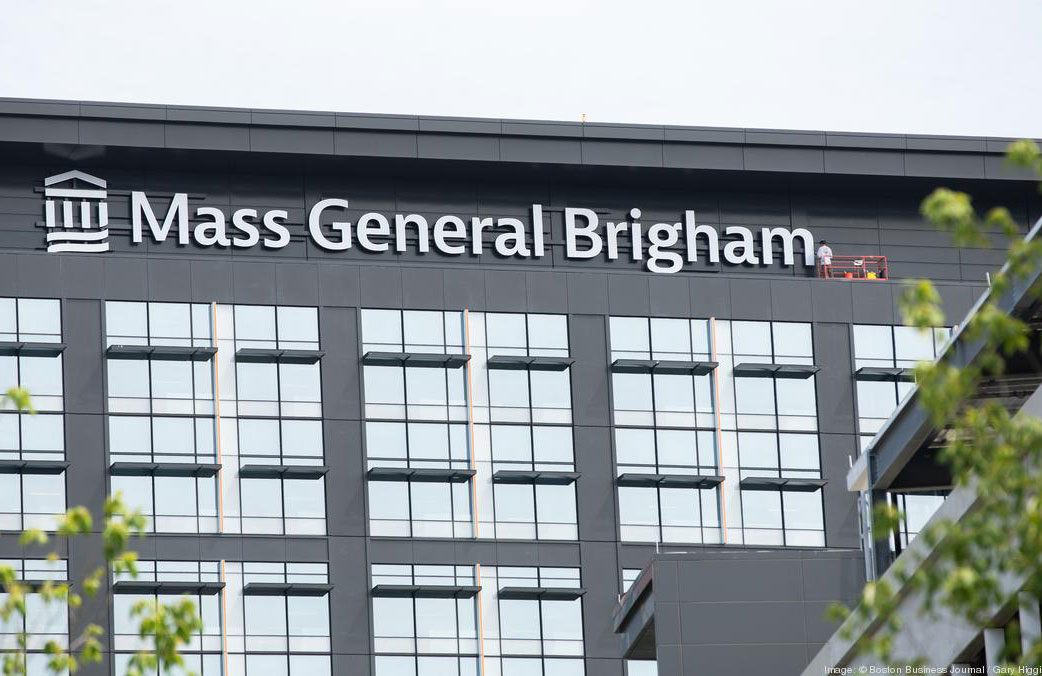Welcome
Welcome to the Massachusetts Alzheimer’s Disease Research Center website!
Who we are: The Massachusetts Alzheimer’s Disease Research Center (MADRC) is a P30 research center funded by the National Institute on Aging. Our center has been at the forefront of dementia research, treatment and care since 1984.
What we do: Our expert staff from both Mass General Hospital and Brigham and Women’s Hospital work closely together under the MADRC umbrella to lead cutting-edge research as well as to provide both professional and community resources and education. Our goal is to find effective treatments and eventually a cure for Alzheimer’s disease and related dementias.
How we Work: The MADRC research team is leading the fight against Alzheimer’s disease and related dementias by advancing research on several fronts. Our goal is to better understand how to identify, target, prevent, and fight these devastating brain diseases and someday find a cure for Alzheimer’s disease and related dementias.
We collectively offer numerous clinical trials and observational studies. Our teams conduct research from bench to bedside and run several cutting-edge investigator-initiated studies, as well as industry sponsored trials. Our studies are both federally and privately funded.
MADRC Director. Dr. Brad Hyman discusses the evolution of Alzheimer’s disease research and treatments on the Research Renaissance podcast. Click the graphic below to listen.
Learn More About Our Research Centers
Alzheimer’s Clinical & Translational Research Unit (ACTRU)

The ACTRU takes a multidisciplinary, bench to bedside approach to designing patient-oriented experimental and clinical trials for aging, dementia, and other neurodegenerative disorders (such as Lewy Body Disease and Parkinson Dementia).
These trials involve advanced digital health assessments, neuroimaging, and ultra-sensitive molecular biomarker detection technologies in blood, cerebrospinal fluid and
brain tissue.
For more information, connect with Kelli Devitte-McKee: kdevitte-mckee@mgb.org
Vist the ACTRU website here.
Center for Alzheimer’s Research and Treatment (CART)

CART, in collaboration with Brigham and Women’s Hospital and Harvard Medical School, offers numerous innovative prevention and treatment trials. Their mission is two-fold:
1) to improve the early diagnosis of Alzheimer’s disease (AD) by employing more sensitive clinical evaluations, biological markers, and neuroimaging; and
2) to assess promising new treatments for AD.
They conduct both observational studies, in which participants undergo cognitive and brain imaging tests in order to understand brain aging and improve early diagnosis of AD; and therapeutic clinical trials, in which participants receive an experimental drug or a placebo to test new treatments for AD.
Connect with a recruitment specialist to learn more
at 617-732-8085.
Frontotemporal Disorders Unit (FTD Unit)
The FTD Unit provides diagnosis and treatment for frontotemporal dementia and related disorders, including Primary Progressive Aphasia, Semantic Dementia, Corticobasal Degeneration Syndrome, and Progressive Supranuclear Palsy. They work with patients and families with young-onset and atypical forms of Alzheimer’s disease, as well as collaborate with the Frontal Temporal Lobe Society to offer unique services for caregivers. The FTD Unit closely collaborates with other centers including Brigham & Women’s Hospital, Beth Israel Hospital, Jamaica Plain VA Aphasia Research Center, the Association for FTD and the Alzheimer’s Association.
Visit the FTD Unit site here.
Harvard Aging Brain and Affiliated Studies

The Harvard Aging Brain Study (HABS) is an observational study that aims to find out whether the changes that a doctor sometimes sees on a brain scan are related to early
memory changes that occur in older healthy adults.
HABS aims to elucidate the earliest changes in molecular, functional and structural imaging markers that signal the transition from normal cognition to progressive cognitive decline along the trajectory of preclinical Alzheimer’s Disease.
The HABS principal investigators are fully committed to increase diversity in Alzheimer’s disease research, and are now conducting appropriate examinations of older Spanish-speaking Latinos.
Visit the HABS site here.
Lewy Body Dementia Unit
The Lewy Body Dementia Unit provides diagnosis and treatment for patients with the Lewy body dementias – dementia with Lewy bodies and Parkinson’s disease associated dementia, as well as patients with mild cognitive impairments arising in these diseases. Management of cognitive, motor, sleep, psychiatric, and other nonmotor manifestations of these diseases is provided. Ancillary services provide disease-focused physical therapy, occupational therapy, and speech therapy. Our social work staff provide opportunities for caregiver support. The LBDU is a Lewy Body Dementia Association Research Center of Excellence.
Contact: Erin Peterec: epeterec@mgh.harvard.edu
MADRC Longitudinal Cohort Study (LC)
The MGH Memory Disorders Unit runs a critically important longitudinal study (the LC) that follows participants on a yearly basis with imaging, cognitive testing and
questionnaires to better understand the course of AD and related dementias. The ‘LC’ study is an ongoing observational study of a group of individuals with or without memory problems.
Also known as a natural history study, the goal of the long-term study is to obtain a uniform set of data from individuals who have various types of dementia (e.g., Alzheimer’s disease, frontotemporal degeneration, Lewy body dementia, etc.) and from healthy older individuals in order to understand how dementia develops in the human brain. Research findings from the ‘LC’ study can enable scientists to find effective treatments and an eventual cure for Alzheimer’s disease and related forms of neurological diseases.
Gerontology Research Unit: 617-726-5571
MADRC Brain Donation Center
The Massachusetts ADRC has an active brain donation program at the Massachusetts General Hospital (MGH) for subjects enrolled in our research studies and patients of the MGH.
Brain donation is one of the most valuable gifts that a patient and their family can give. It provides families with a definitive neuropathology diagnosis of a loved one and allows researchers to perform anatomical and biochemical analyses that will enhance our ability to diagnose and treat Alzheimer’s disease and other neurodegenerative disorders.
Working together with our pathologists, a family can learn more about the connections between the physical state of the brain and the clinical and behavioral symptoms of a patient’s illness. For more information regarding our brain donation program, please contact our Neuropathology Core Director, Matthew P. Frosch, MD, PhD.: mfrosch@mgh.harvard.edu
The Cerebral Amyloid Angiopathy (CAA) Research Center
The CAA Research Center is a group of MGH physician-investigators, scientists, and other research staff that focus on the development, diagnosis, and treatment of CAA.
CAA is an important cause of cerebral hemorrhage in the elderly. It is currently one of the few kinds of stroke without effective prevention or treatment strategies.
Their research is divided into a clinical program that focuses on the molecular epidemiology of CAA and a laboratory program studying its pathogenesis.
These studies offer a promising approach for devising and testing new candidate treatments for preventing progression of CAA.
Visit the CAA site here.
Affiliated Studies
McLean Hospital: https://www.mcleanhospital.org/research/clinical-trials
Contact: Isabella Santagelo isantangelo@mclean.harvard.edu
Northeastern University: https://web.northeastern.edu/mindlab/
Contact: mindlabwes@gmail.com
Beth Israel Deaconess Medical Center
Contact: Nainika Grover ngrover@bidmc.harvard.edu




